After a long winter, come enjoy springtime on Sanibel with an escape to Ocean's Reach, where the sun is shining, the water is shimmering and our temperatures average a blissful 82 degrees!
Posts
We'll Miss You, Andy!

After more than 20 years managing Ocean's Reach, we are ever-so-reluctantly saying a fond farewell to Andy Boyle upon his retirement.
It's Official!!

Ocean’s Reach held an official Ribbon Cutting ceremony yesterday to celebrate our long-awaited reopening after Hurricane Ian devastated Sanibel Island 840 days ago. To say it’s been a long two-plus years is an understatement, but -- together with support from our Ocean’s Reach family and our island community – we’ve stayed focused, resilient, and “Sanibel Strong”!
Our Traditional Holiday Sing-Along!
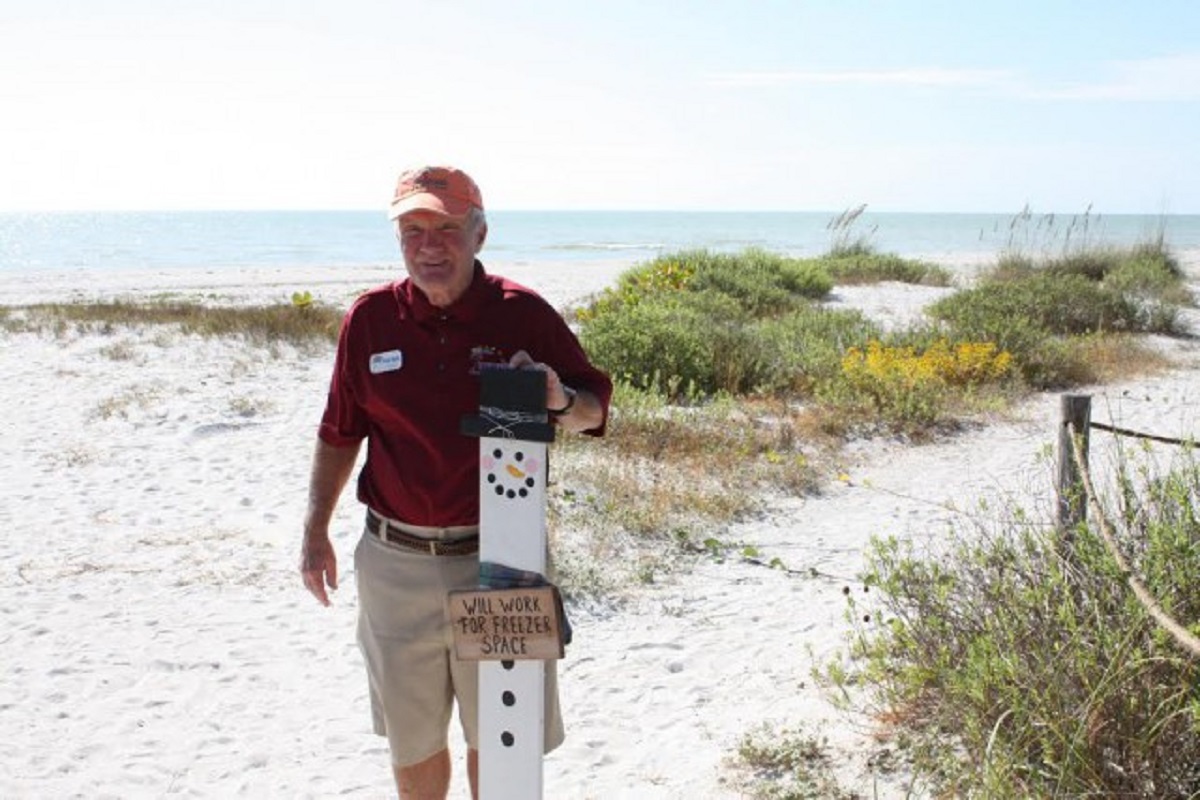
After too many days to count, we're delighted that Ocean's Reach is finally welcoming back guests to Sanibel Island!
Property Update
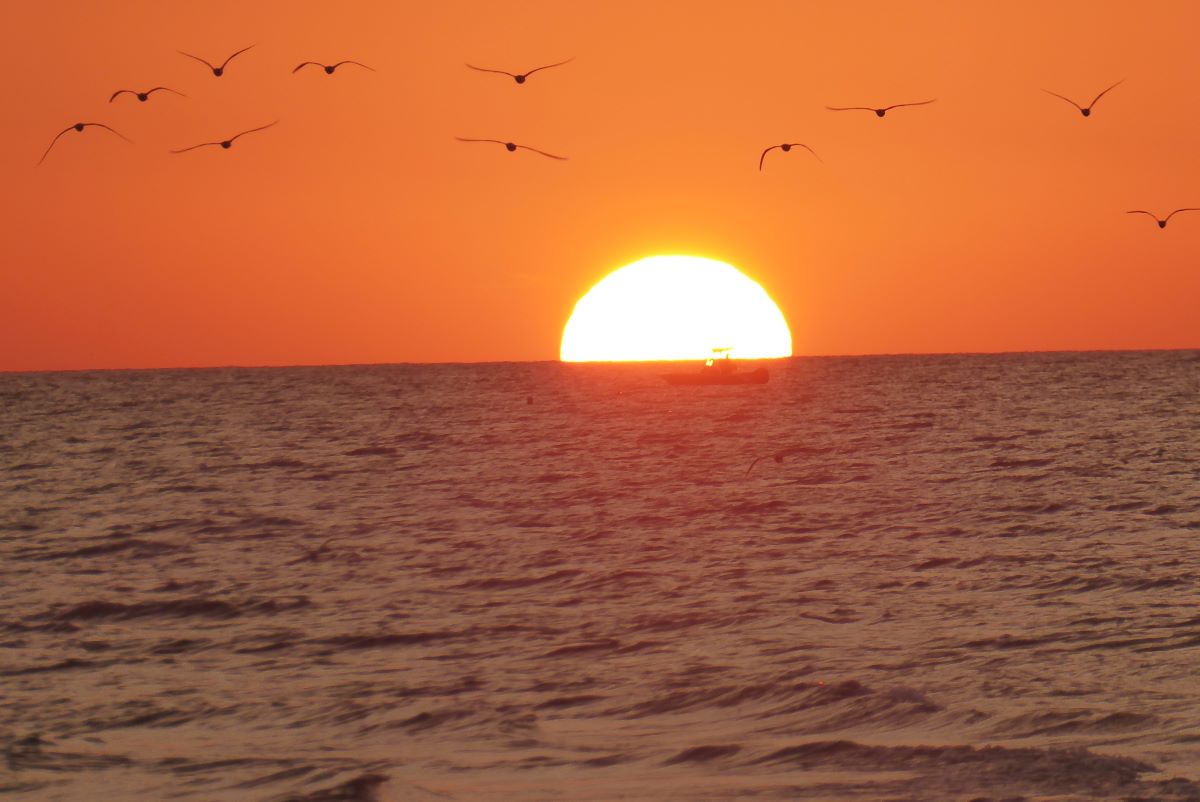
Thanksgiving is right around the corner and our hearts are grateful for so much this year! We’re thankful for those who have helped us heal and rebuild after Hurricane Ian, as well as those who continue to send in support from afar, reminding us just how special Sanibel Island is for so many. Most especially, we’re grateful that, after all this time, we’ll soon be able to welcome you back to Ocean’s Reach!
The Sun Always Rises
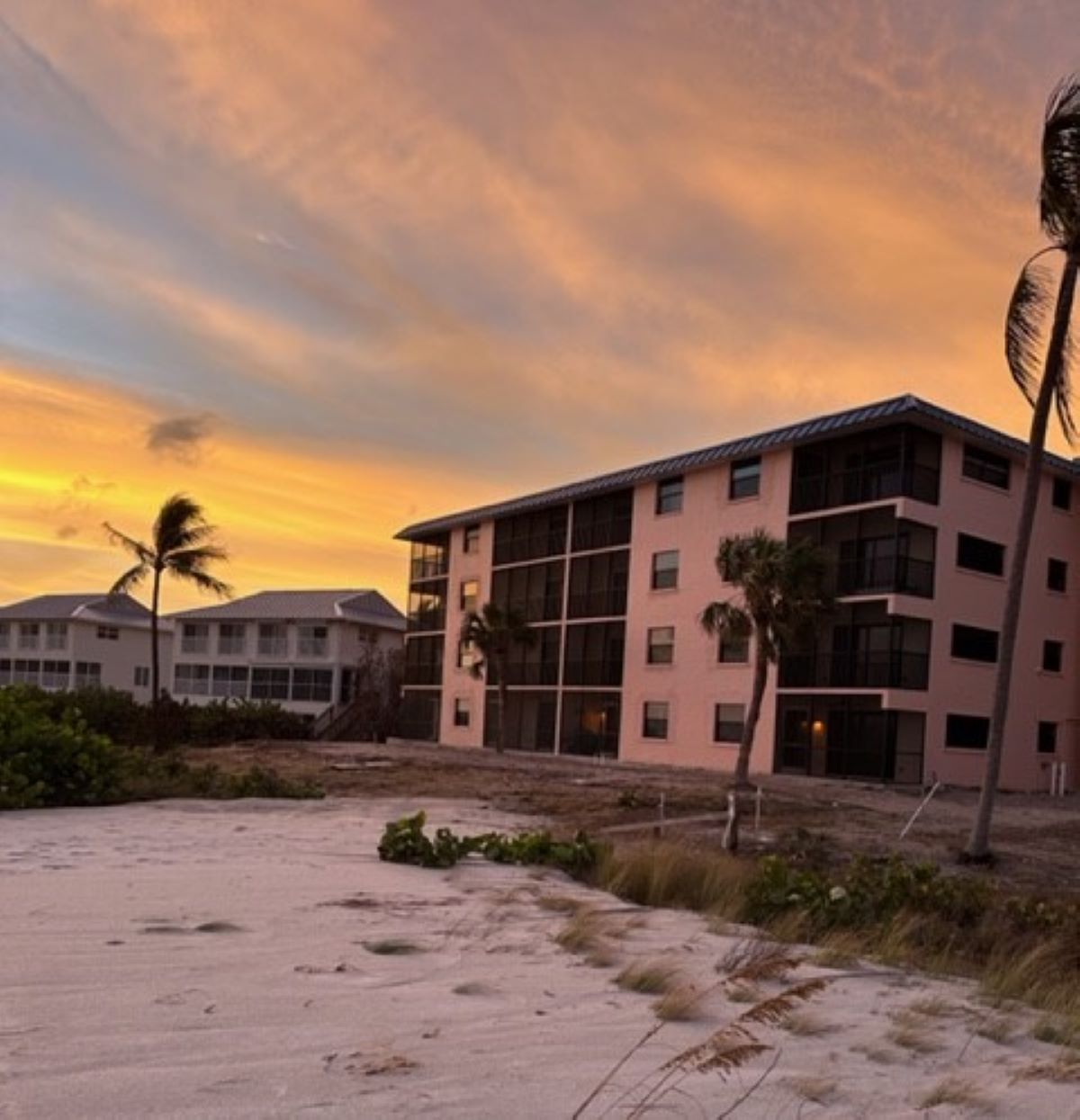
And it has. After the triple force threat of Debby, Helene and Milton, the sun still rose every time, illuminating our beautiful shores and reminding us just how cherished Sanibel Island is for so many.
Setbacks Only Make Us Stronger
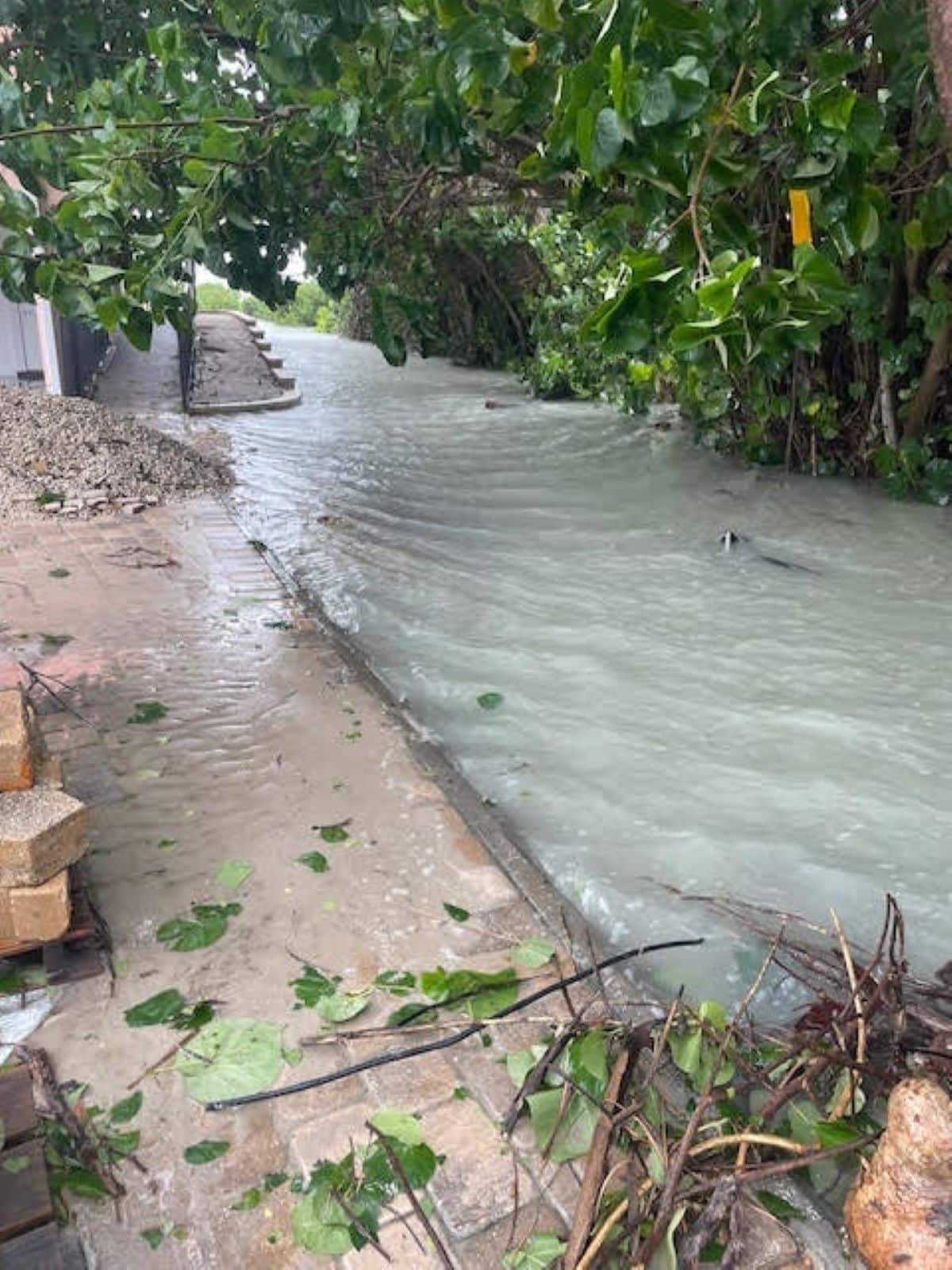
Tropical Storm Debby churned by us on her way to making landfall yesterday on Florida’s panhandle. Call it an unwelcome dose of PTSD after the devastation of Hurricane Ian close to two years ago.
Every Seashell Has A Story
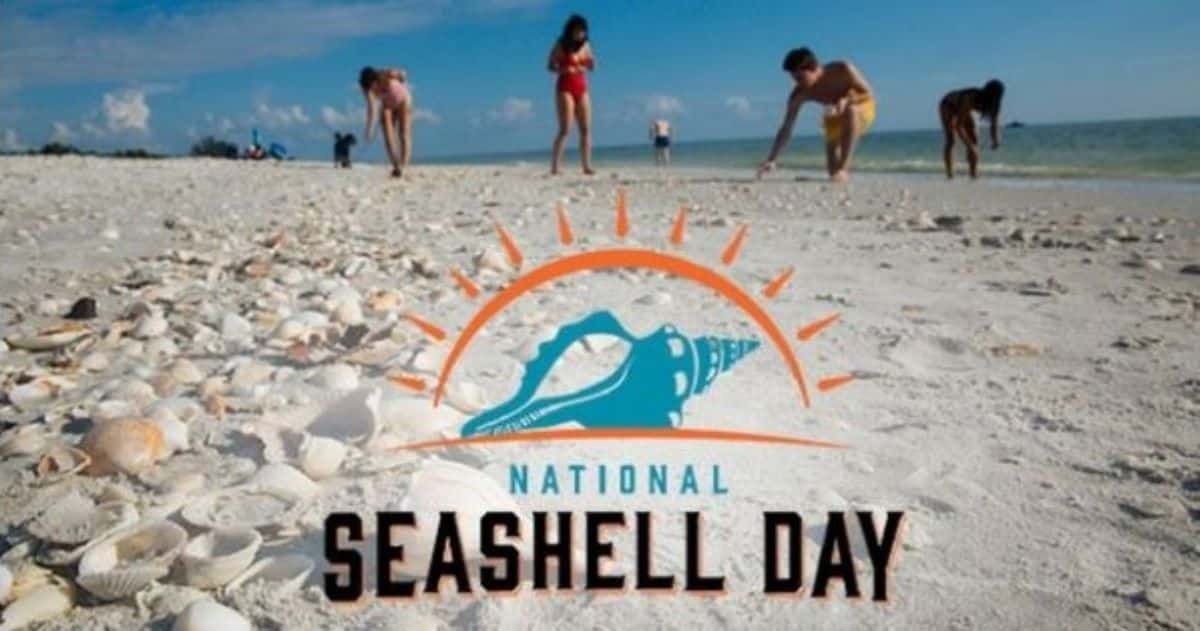
Celebrated today on the first day of summer, National Seashell Day serves as a gentle reminder that treasures arrive every day in the form of simple things. On behalf of all of us at Ocean’s Reach, we can’t wait until we can help you once again to “always have a shell in your pocket and sand between your toes”!
A Sign of Progress!
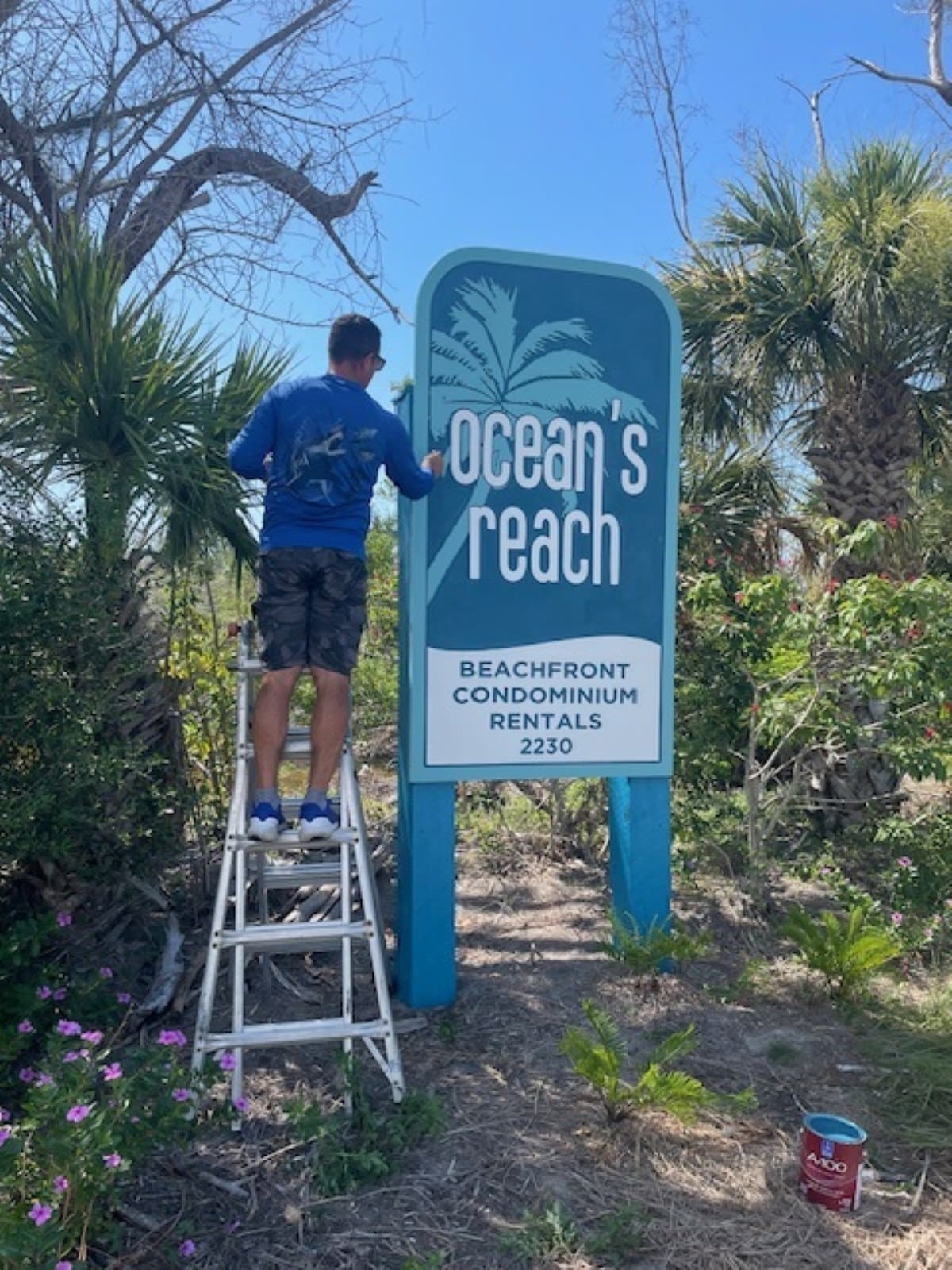
Our new entrance sign was installed yesterday, marking yet another sign of progress as we continue to rebuild Ocean’s Reach “better than ever” in anticipation of welcoming guests back to Sanibel Island this fall!
New Dates! New Rates!
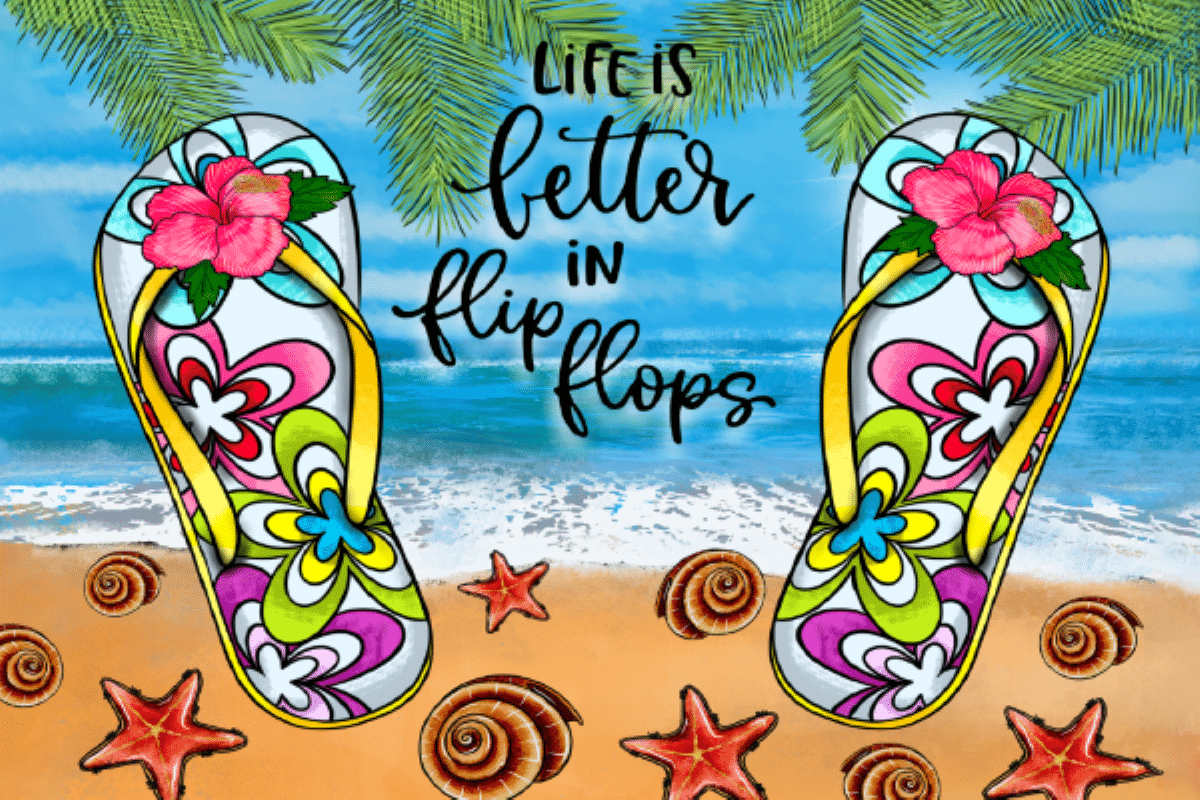
It’s been a long journey back to paradise, but we’re getting ever-so-close! While post-hurricane work continues, the island is looking more like Sanibel each and every day!





